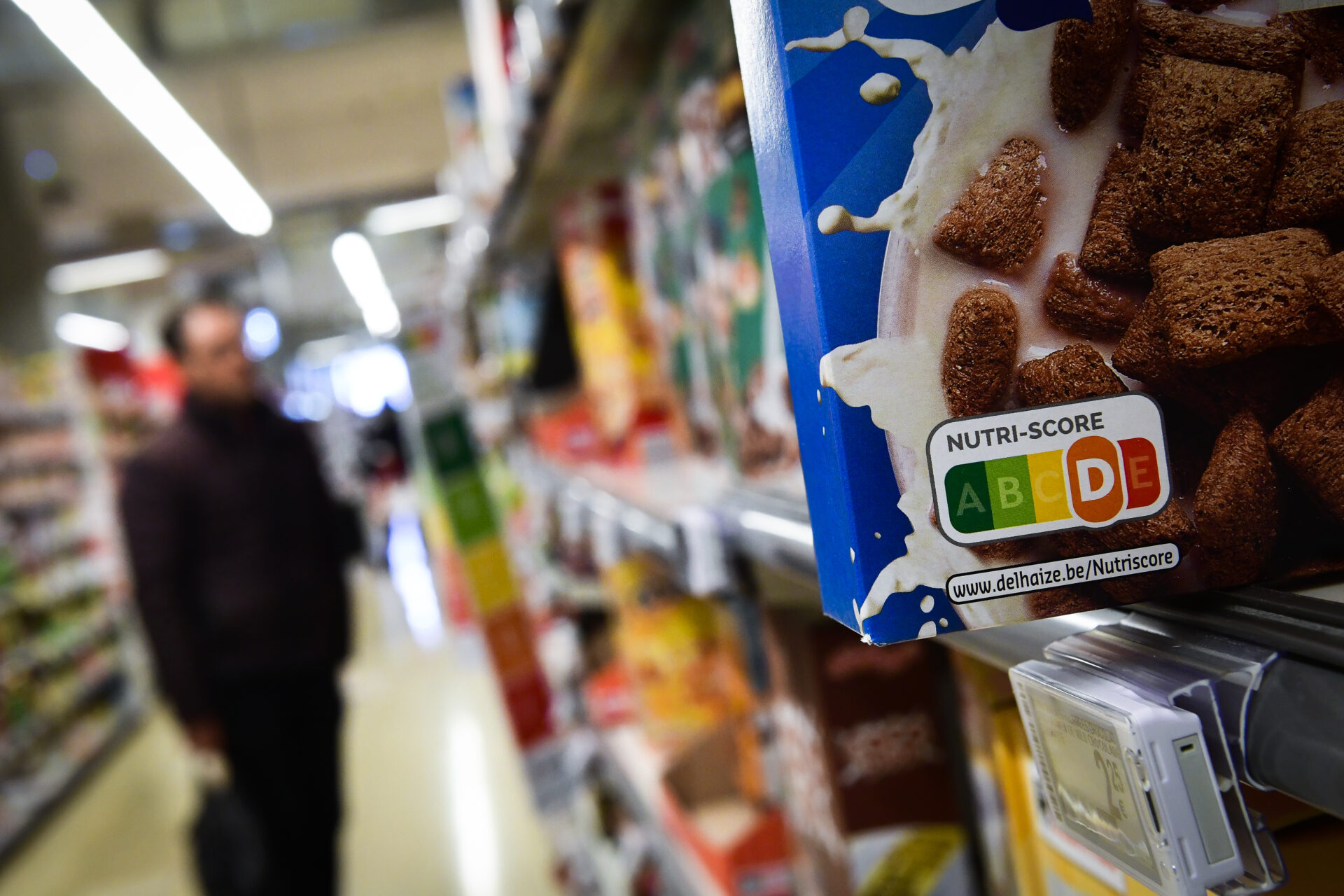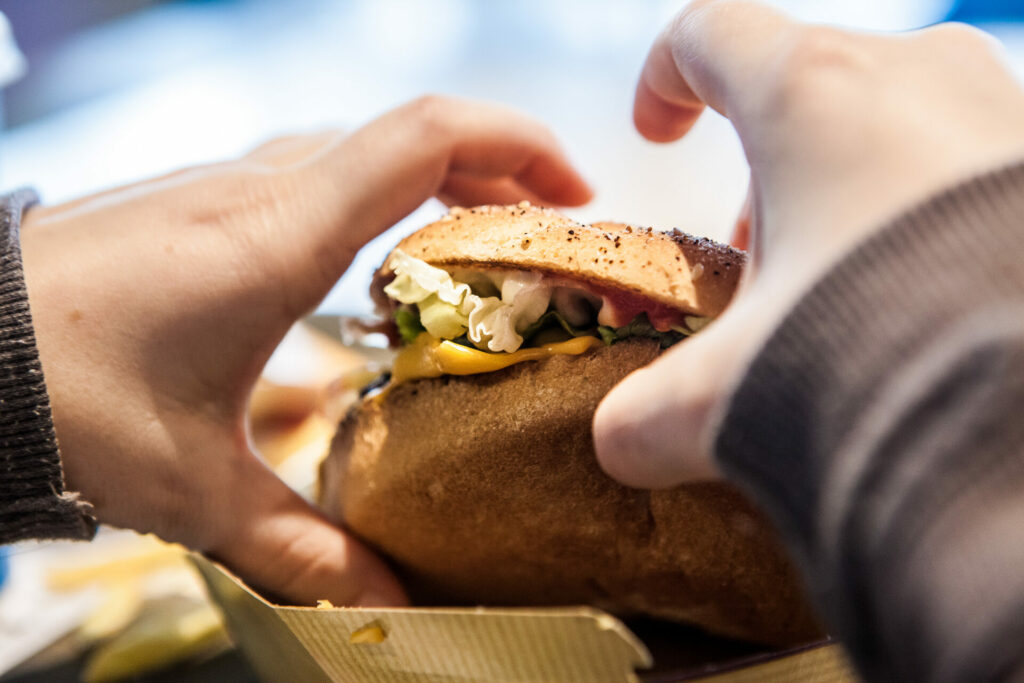Child obesity is a rising health problem in Belgium, and in many ways, the promotion of unhealthy food products is leading children to adopt increasingly bad habits given that advertising is unregulated, for now.
About one in four toddlers and one in six children in Belgium are overweight. Exposure to products of poor nutritional quality plays a big part in this, as one-third of children's daily energy intake comes from ultra-processed or factory-made foods.
For now, this is self-regulated by the industry in Belgium, something its Superior Health Council (HGR) is looking to change.
"Advertising for food of poor nutritional quality is everywhere: on television and in the supermarket, on social media, on their smartphone, at the sports club and on the way to school. In these digital times, advertising is also increasingly attractive and is sometimes very fun to watch," a recent report by the council on this matter read.
It noted that children are very often the target audience of very specific marketing campaigns promoting unhealthy food and drinks, which has an impact on the buying and eating behaviour of young people.
Outdated regulations
Twelve years ago, the World Health Organisation (WHO) called on governments to regulate how unhealthy food is marketed to children, but this triggered little changes in Belgium, which allows the food industry to be largely self-regulatory, which, according to the HGR, is failing.

The council is calling on regulations to be based on official indicators, such as the Nutri score system. Credit: Belga/ Laurie Dieffembacq
"Their commitment does not reduce children's exposure to unhealthy food advertising and the systems they use to describe the nutritional value of their products are not strict enough," the report read.
The council is now urging governments at all levels — federal, regional and local in Belgium, but also on a European one — to intervene and introduce regulations that protect children under 18 from such advertising and marketing in a more effective way by, for example, banning all forms of unhealthy food marketing from places where children regularly find themselves (such as around schools).
Related News
- Sale of unhealthy food near schools under fire as childhood obesity rises
- Belgium hit by increasing levels of obesity
It also called for a broadcast ban on advertising of unhealthy food on television between 06:00 and 23:00, as well as marketing techniques that appeal to children (for example, cartoon characters and brand mascots such as the animals on Kellogg's cereal boxes).
In light of new forms of digital media, it stressed that new marketing techniques that came with this should also be more strictly monitored.
"While regulation has remained static, the marketing landscape has continued to evolve enormously. Not only are children exposed to advertising much more frequently, but the way in which they do so is also becoming increasingly effective," the report read.
Overall, the HGR pointed to the importance of being critically aware of advertising, stating that children need to learn how to guard themselves against it from a younger age.

